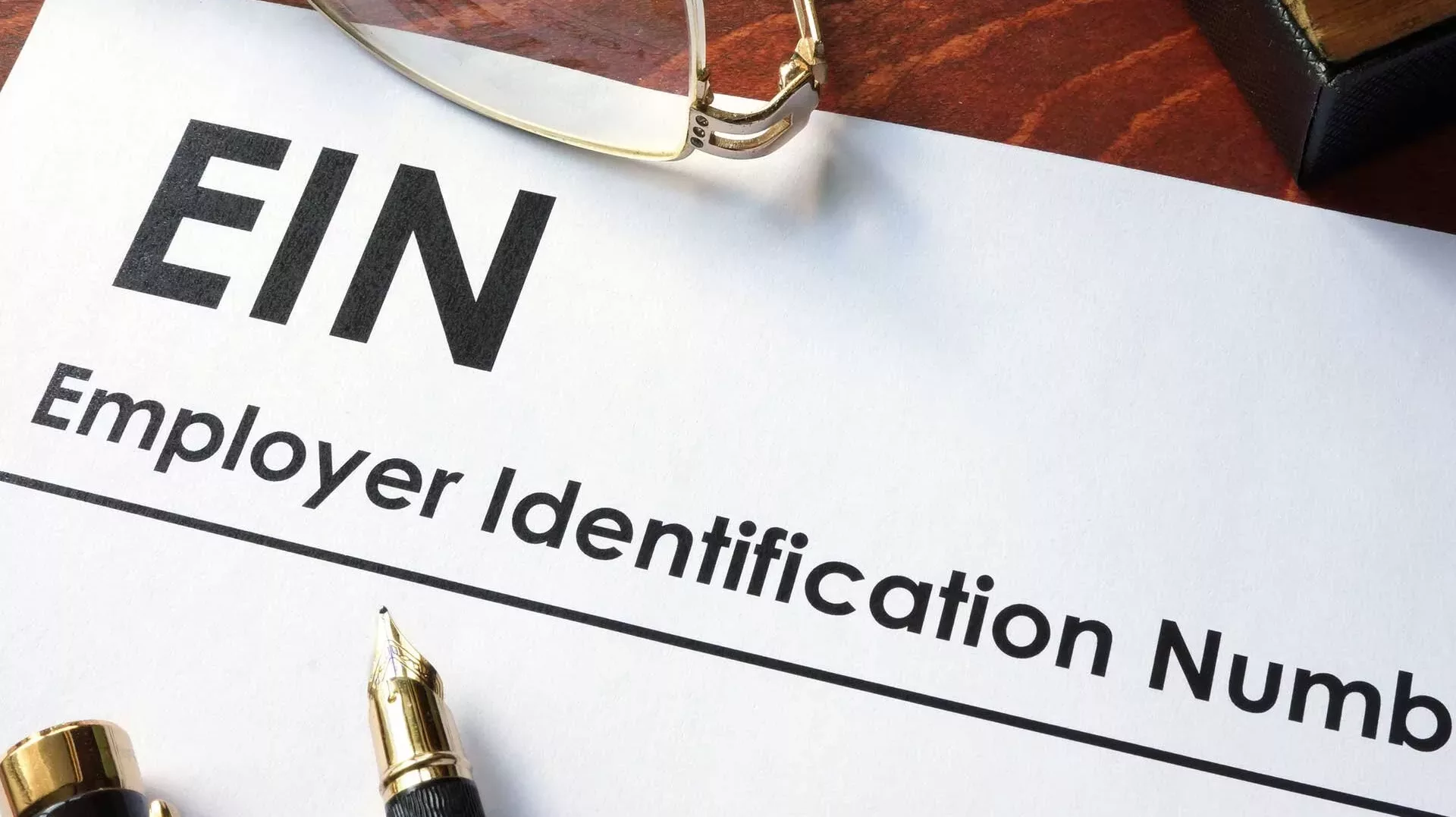An Employer Identification Number (EIN) is a unique, nine-digit number assigned by the Internal Revenue Service (IRS) to identify a business entity. It is similar to a Social Security number for an individual, but it is used for business tax purposes. An EIN is also sometimes called a Federal Tax Identification Number.
An EIN is used to identify a business for tax purposes, including the filing of tax returns and the payment of taxes. It is also used to open business bank accounts, apply for business licenses and permits, and to establish business credit. In addition, some states require businesses to have an EIN in order to register as a corporation or partnership.
There are several types of businesses that are required to obtain an EIN, including corporations, partnerships, limited liability companies (LLCs), and nonprofit organizations. Sole proprietorships and single-member LLCs may also need to obtain an EIN if they have employees or if they are required to file certain types of tax returns.
Obtaining an EIN is a relatively simple process. Businesses can apply for an EIN online through the IRS website, by phone, or by mail. In order to apply for an EIN, a business owner will need to provide information about the business, such as the business name and address, the type of business entity, and the names and Social Security numbers of the business owners.
Once a business has been assigned an EIN, it is important to keep this number up to date and accurate. If a business changes its name or ownership structure, it may need to obtain a new EIN. In addition, businesses should make sure to use their EIN on all tax forms and other documents that require it.
An EIN is an important tool for businesses, as it allows them to properly identify themselves for tax purposes and to establish a credit history. It is a simple and straightforward process to obtain an EIN, and doing so can provide numerous benefits for businesses of all sizes.
